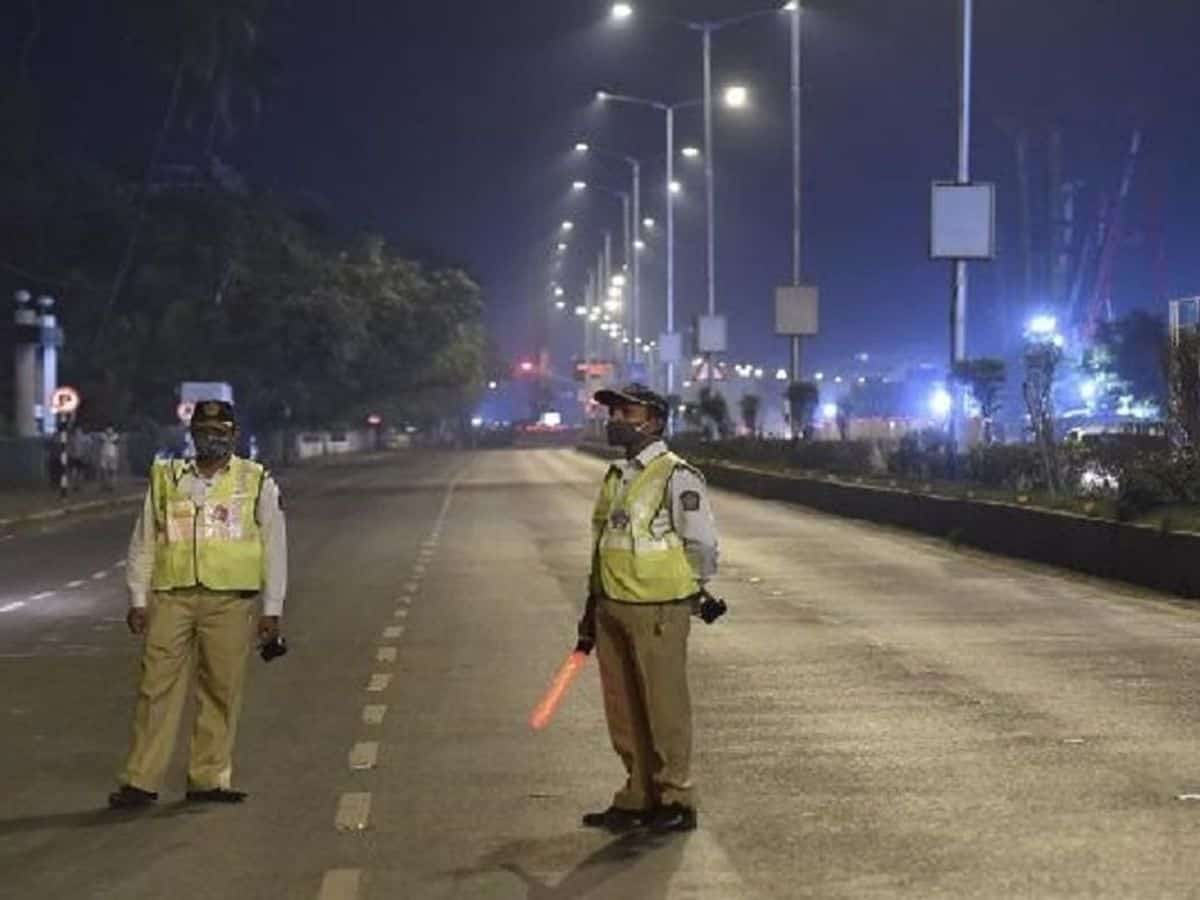Hyderabad: In view of the rapidly rising COVID-19 cases in the state, the Telangana government on Tuesday imposed a night curfew from 9 pm to 5 am, effective immediately. The decision came on a when the state reported nearly 6,000 new cases. Under the new restrictions, all shops and establishments, barring those involved in essential services, will have to be shut by 8 p.m. The rules will be in place till May 1, said a government order.
The decision to impose the night curfew come a day after the Telangana High court gave an ultimatum to state government on deciding about imposing a lockdown or night curfew to contain the spread of COVID-19 virus. Chief secretary Somesh Kumar on Tuesday morning issued a G.O. listing out various measures to control the spread of COVID-19 in the state, which has been spiralling up over the last fortnight.
What you can and can’t do:
Under the latest restrictions, in place for 10 days, state and central government officials (including those of urban local bodies and Panchayati Raj Institutions on emergency duty from Telangana), all private medical personnel such as doctors, nursing staff, paramedics and providers of other hospital services, can move around since they fall under the essential services category.
Moreover, on production of valid identity card, Pregnant women and patients for the purpose of receiving medical care, and persons coming from/going to airports, railway stations, bus stands on production of valid ticket can also travel during the curfew hours of 9 p.m. to 5 a.m.
Establishments allowed to remain open:
During the 10-day night curfew, all offices, firms, shops, establishments, restaurants etc. will have to close by 8 pm, except hospitals, diagnostic labs, pharmacies and those dealing with supply of essential services, like the following:
Print and electronic media, telecommunications, internet services, broadcasting and cable services, IT and IT enabled services, delivery of all goods through e-commerce, petrol pumps, LPG, CNG, petroleum and gas outlets.
Power generation, transmission and distribution, water supply and sanitation, cold storage and warehousing services, private security services, production units or services which require continuous process.


